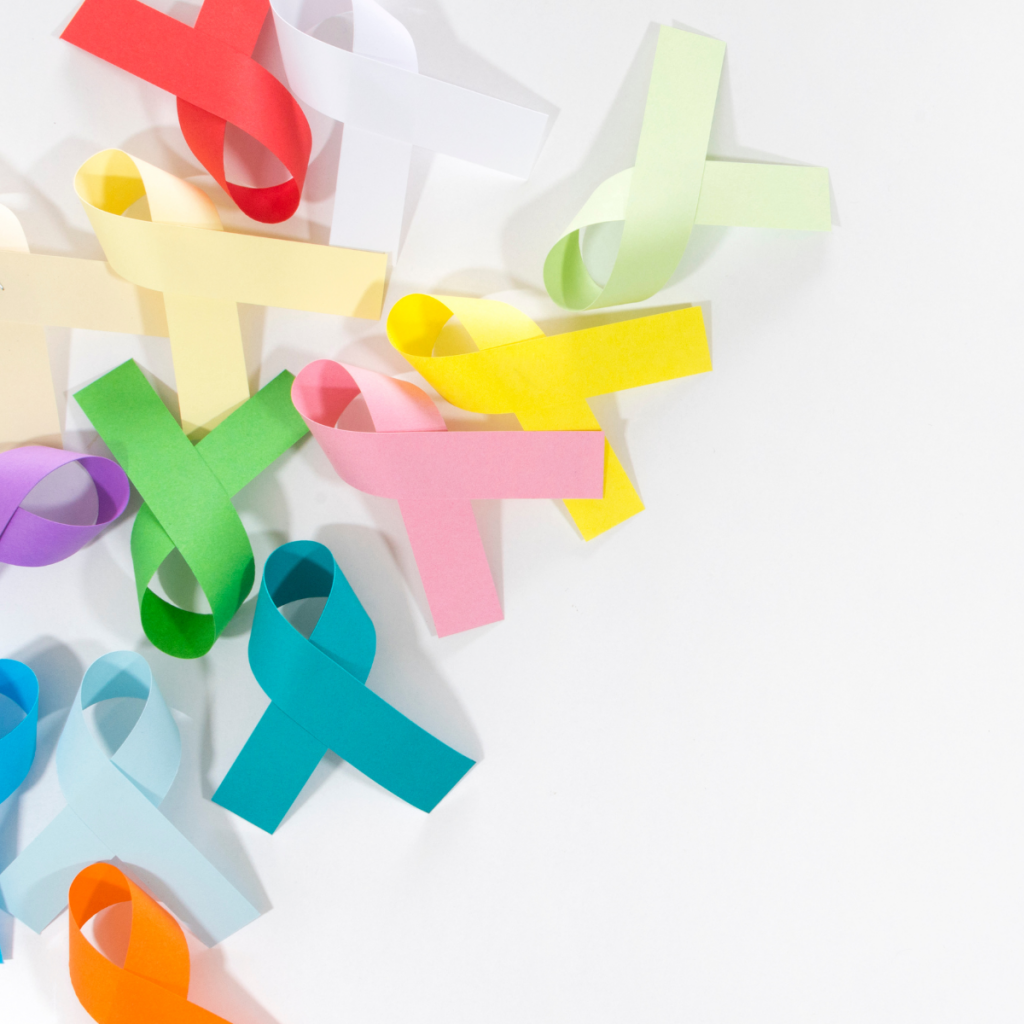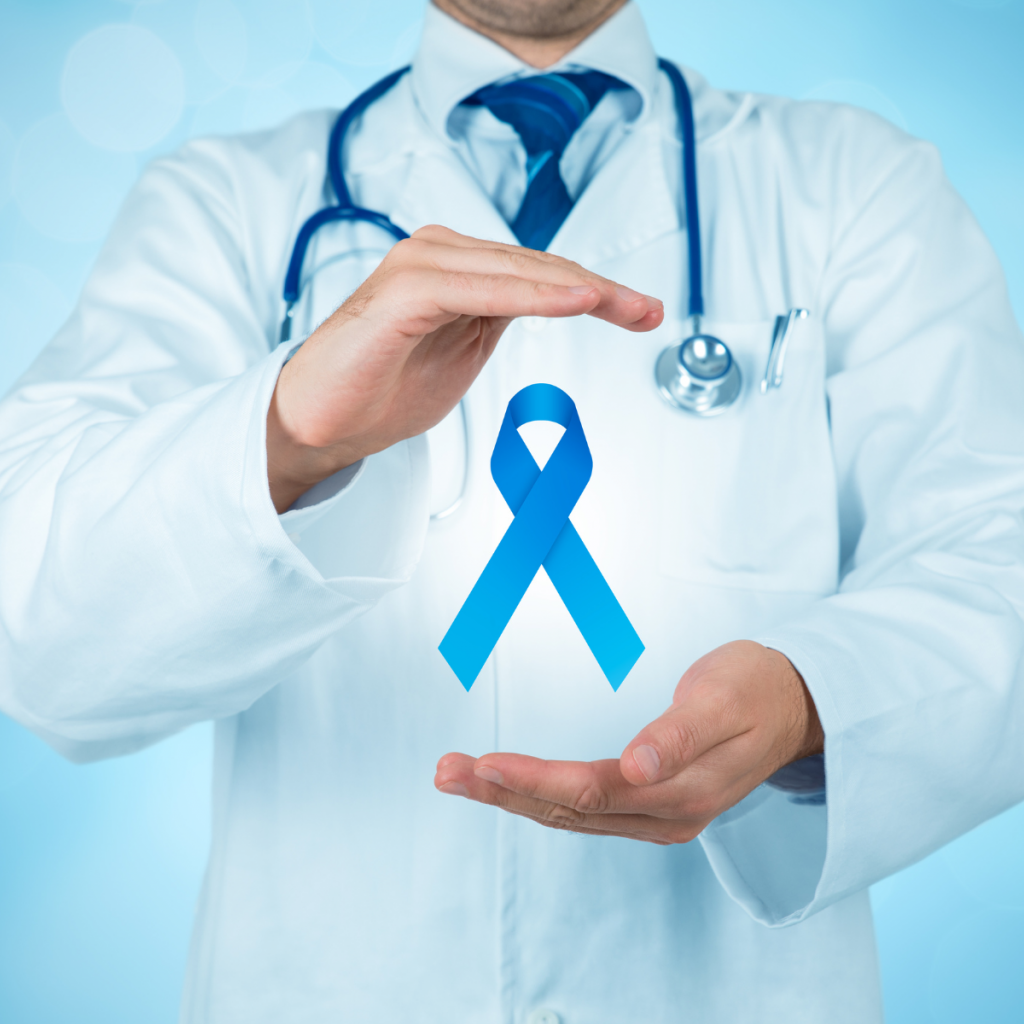The journey through cancer treatment is long, challenging, and physically demanding. While the end of treatment often marks a victorious milestone, recovery can be just as difficult as the treatment itself. Returning to a normal life after cancer treatment involves more than just physical healing—it requires mental and emotional recovery as well. Whether you’re transitioning back to your daily routine, re-engaging with work, or simply adjusting to life after cancer, understanding the steps to take for a successful recovery is crucial. In this article, we’ll explore how to regain your strength, rebuild your life, and move forward after cancer treatment, ensuring a healthy and fulfilling post-treatment life.
1. Understand the Recovery Process

Cancer treatment can take a significant toll on the body. Chemotherapy, radiation, and surgeries often cause fatigue, changes in physical appearance, and emotional strain. It’s important to recognize that recovery is a gradual process. Patients might not feel “normal” immediately after treatment ends, and it’s essential to manage expectations. Understanding that it may take time for the body to regain its strength and for emotional healing to occur is crucial. Set small, achievable goals and remember that recovery is a journey, not a destination. Patience with yourself and the process is key to moving forward.
2. Rebuild Your Physical Strength
One of the first steps to returning to normal life after cancer treatment is rebuilding your physical strength. The treatments often leave the body weakened and fatigued, so regaining energy and endurance is essential. Start by incorporating light exercises, such as walking or yoga, into your routine. These low-impact activities help improve circulation, build strength, and enhance flexibility. As your body gets stronger, you can gradually increase the intensity of your exercise regimen. Always consult with your healthcare provider before starting any new fitness routine to ensure it’s appropriate for your specific recovery needs.
3. Prioritize Nutrition for Healing
Nutrition plays a vital role in recovery after cancer treatment. During treatment, patients often experience changes in appetite, taste, and digestion. Now that treatment is complete, focusing on a balanced diet can help restore energy levels and support the body’s healing process. Eating nutrient-dense foods like fruits, vegetables, whole grains, lean proteins, and healthy fats is essential for regaining strength and boosting the immune system. Hydration is also important, as water helps flush toxins from the body and supports overall well-being. If you’re unsure about your nutritional needs, consulting a dietitian specializing in post-cancer care can help ensure you’re getting the right nutrients for a successful recovery.
4. Manage Fatigue and Sleep Issues
Cancer treatment often leaves patients feeling fatigued, sometimes for months or even years after treatment. It’s important to acknowledge this and give your body the time it needs to rest. Fatigue is a common side effect, and pushing yourself too hard can delay the recovery process. Create a sleep-friendly environment by maintaining a regular sleep schedule and avoiding caffeine or heavy meals before bedtime. If sleep issues persist, discuss them with your healthcare provider, as they may offer solutions like sleep aids or relaxation techniques to improve your rest. Managing fatigue involves balancing activity with proper rest, allowing the body to heal and rejuvenate.
5. Focus on Mental and Emotional Health
The emotional impact of cancer treatment can linger long after the physical side effects have subsided. Many patients experience feelings of anxiety, depression, and uncertainty during recovery. It’s important to prioritize mental health during this time. Therapy or counseling can be beneficial in processing the emotions and psychological effects of cancer treatment. Support groups, whether in-person or online, can provide a safe space to connect with others who have gone through similar experiences. Mindfulness practices, meditation, and relaxation techniques also help reduce stress and improve emotional well-being. Building a strong support system and finding healthy outlets for emotions are essential in the recovery process.
6. Ease Back into Work and Social Life

After months of treatment and recovery, returning to work and re-engaging in social activities can feel overwhelming. It’s important to ease back into your routine gradually, allowing yourself time to adjust. Consider starting with part-time work or flexible hours, especially if you’re still managing fatigue. Keep in mind that adjusting to work after cancer treatment may take time, so don’t be hard on yourself if you feel more exhausted than usual or struggle with concentration. Socializing can also take time. Reconnect with friends and family at your own pace, and set boundaries to avoid feeling overwhelmed. Taking small steps helps you regain your sense of normalcy and reduces stress during the transition.
7. Stay on Top of Follow-Up Care
After completing cancer treatment, follow-up appointments with your healthcare provider are essential for monitoring your recovery. These check-ups help detect any recurrence of cancer and ensure your body is healing properly. Regular screenings, lab tests, and physical exams are often part of post-treatment care. Staying on top of follow-up care gives you peace of mind and helps address any health concerns early on. It’s also an opportunity to discuss any lingering side effects or changes in your health. By maintaining these appointments, you’re taking proactive steps to support your ongoing health and well-being.
8. Maintain a Positive Mindset
Recovering after cancer treatment is not just about physical health—it’s also about cultivating a positive mindset. It can be easy to focus on the challenges you’ve faced, but try to shift your perspective to appreciate how far you’ve come. Focus on the small victories and milestones that represent progress. Surround yourself with positivity, whether through uplifting people, activities, or hobbies that bring you joy. Practicing gratitude can also improve your outlook on life. Even though cancer may have altered your path, it’s important to remember that you have the power to create a fulfilling, happy life moving forward.
9. Reconnect with Your Hobbies and Passions
During cancer treatment, many people put aside their hobbies or passions due to physical exhaustion or emotional distress. After treatment, recovery is the perfect time to rediscover activities that bring you joy and fulfillment. Whether it’s painting, gardening, writing, or traveling, engaging in hobbies can help restore a sense of normalcy and purpose. Reconnecting with these activities is not only good for your mental health but also helps boost self-esteem and resilience. Take it slow and allow yourself the freedom to enjoy the process without pressure.
10. Set Realistic Goals for the Future

After cancer treatment, setting realistic goals can help you regain a sense of purpose and direction. Whether it’s focusing on fitness, pursuing a career goal, or reconnecting with relationships, setting achievable goals gives you something to look forward to. Break large goals into smaller, manageable tasks and celebrate each step of progress along the way. Don’t be discouraged if things take longer than expected—recovery is a personal journey, and everyone heals at their own pace. Setting goals can help you stay focused, motivated, and optimistic about your future.
Conclusion
Recovery after cancer treatment is a multifaceted journey that requires patience, self-compassion, and a commitment to both physical and emotional healing. Returning to a normal life involves rebuilding strength, nurturing mental health, and re-engaging with everyday activities. By focusing on nutrition, managing fatigue, prioritizing follow-up care, and reconnecting with hobbies, cancer survivors can successfully transition to life after treatment. It’s important to recognize that the healing process is unique to each individual, and the path to recovery may take time. With the right mindset, support system, and a focus on gradual improvement, it’s possible to regain a fulfilling and vibrant life after cancer treatment.

Leave a Reply